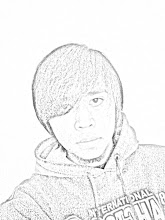Lion dance is a traditional Chinese dance by using a glove that resembles a lion. Lion dance has a history thousands of years. The first record of this dance can be traced during the Chin Dynasty around the third century BC.
Lion dance is a form of traditional dance in Chinese culture, in which performers mimic a lion's movements in a lion costume. The lion dance is often mistakenly referred to as dragon dance. An easy way to tell the difference is that a lion is operated by two people, while a dragon needs many people. Also, in a lion dance, the performers' faces are covered, since they are inside the lion. In a dragon dance, the performers can be seen since the dragon is held upon poles. Basic lion dance fundamental movements can be found in most Chinese martial arts.
Lion dance art became popular in the North-South Dynasty (Nan Bei) years 420-589 AD. At that time the troops of King Song wen Di overwhelmed by the assault troops of the elephant king Fan yang from Lin YI country. A warlord named Zhong Que create artificial puppet lion to expel the king Fan's forces. Apparently the effort was successful until legendary lion dance.
The lion dance consists of two main types of the northern lion has a mane of curly hair and four legs. Appearances northern lion looks more natural and like a lion rather than the southern lion that has scales and a varying number of feet between two or four. Southern Lion head is equipped with horns that are sometimes similar to the 'Kilin' animals.
Lion Dance is performed accompanied by the music of beating of drums, cymbals, and gongs instruments synchronise to the lion dance movements and actions. The recent development of an application played on iPhone/iPad/iPod touch to play lion dance instruments has contributed to the evolution of how people can play lion dance music.







